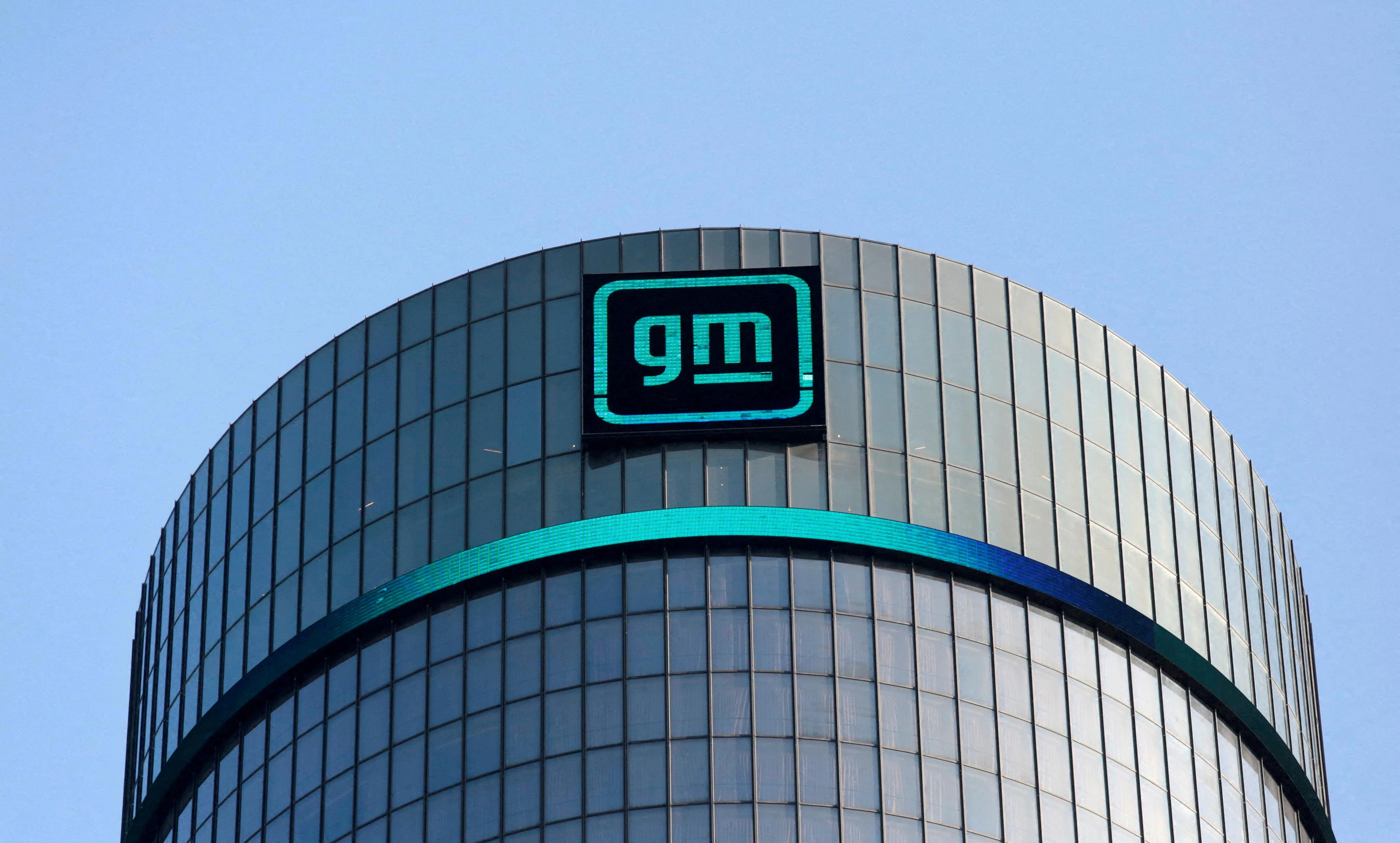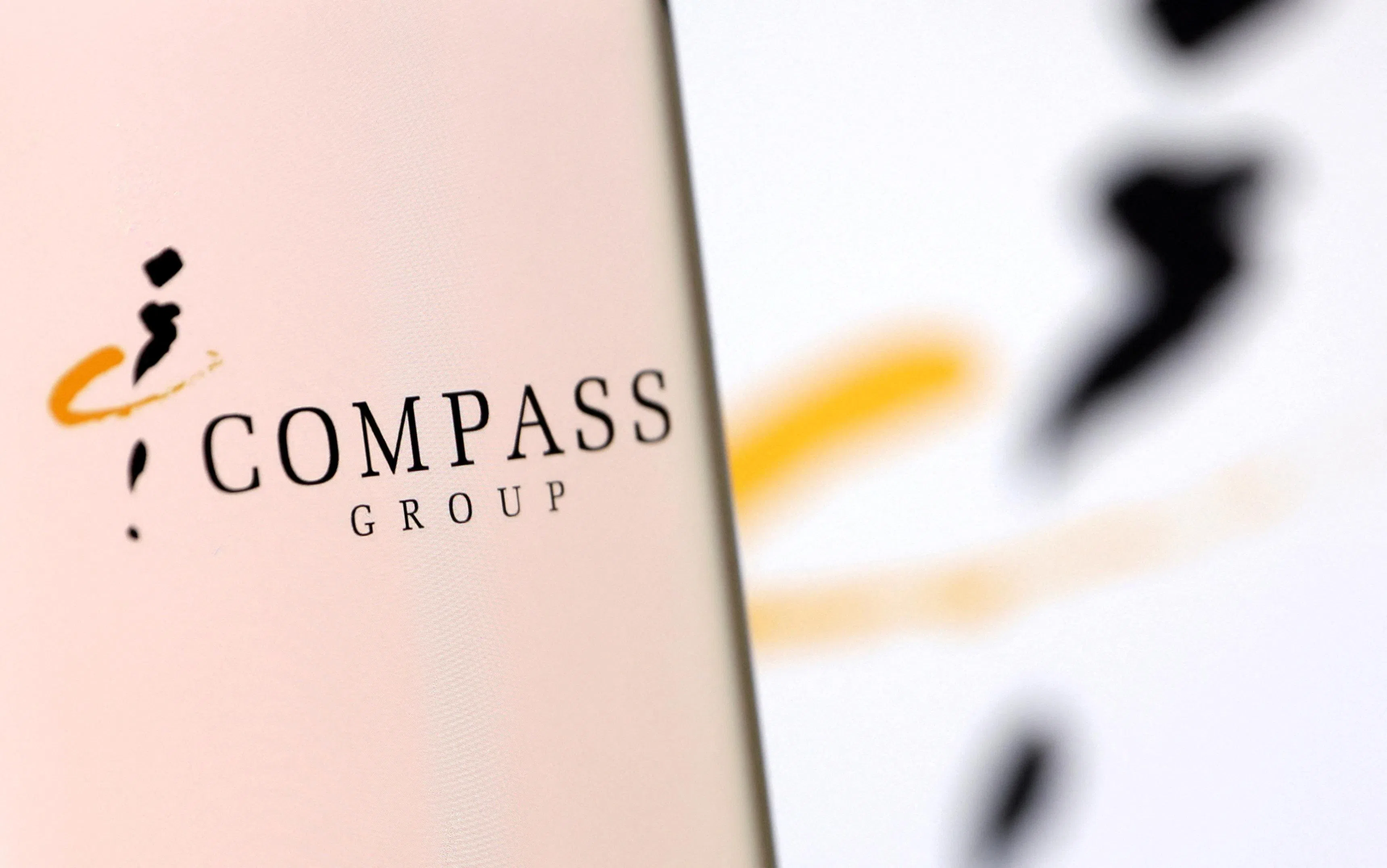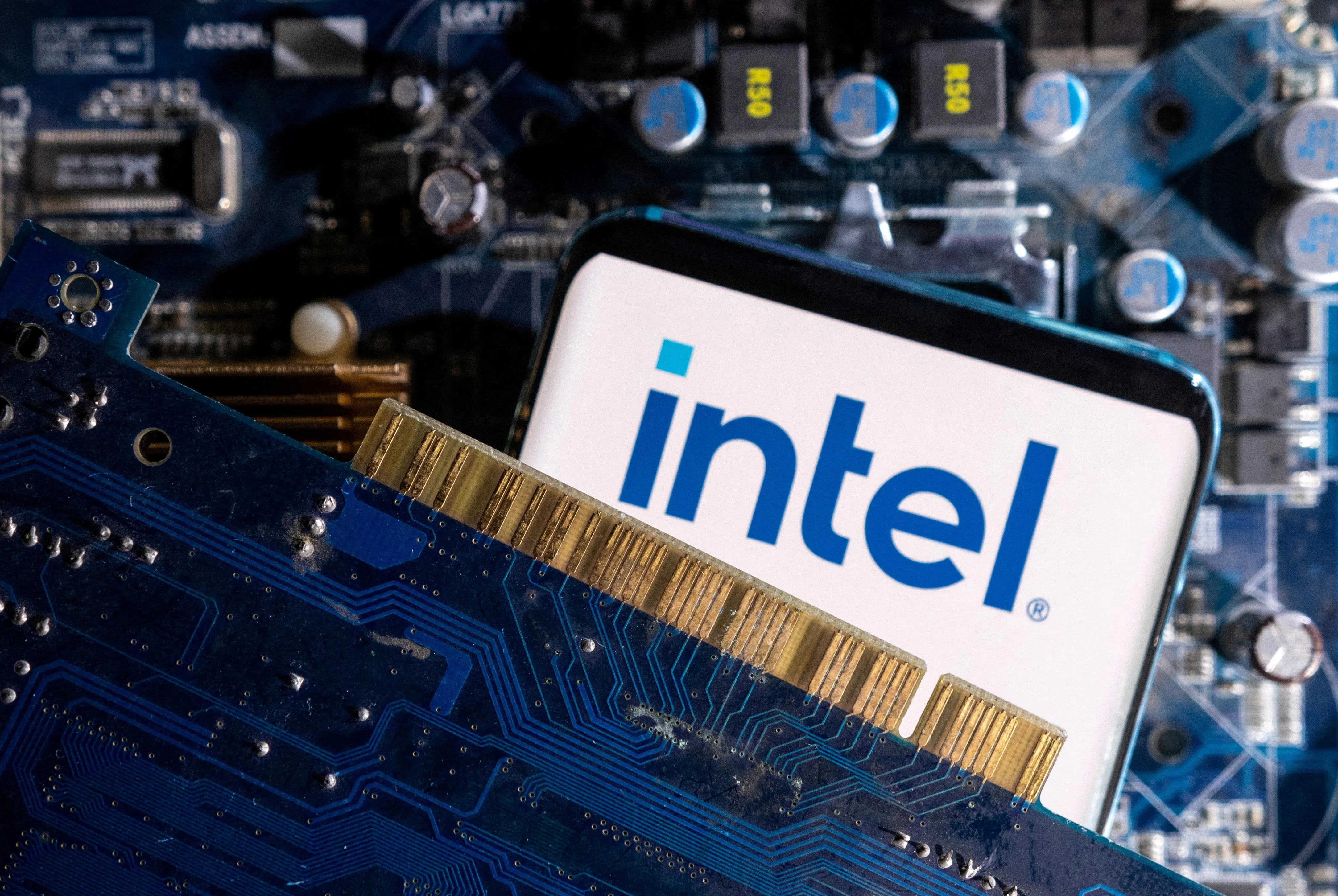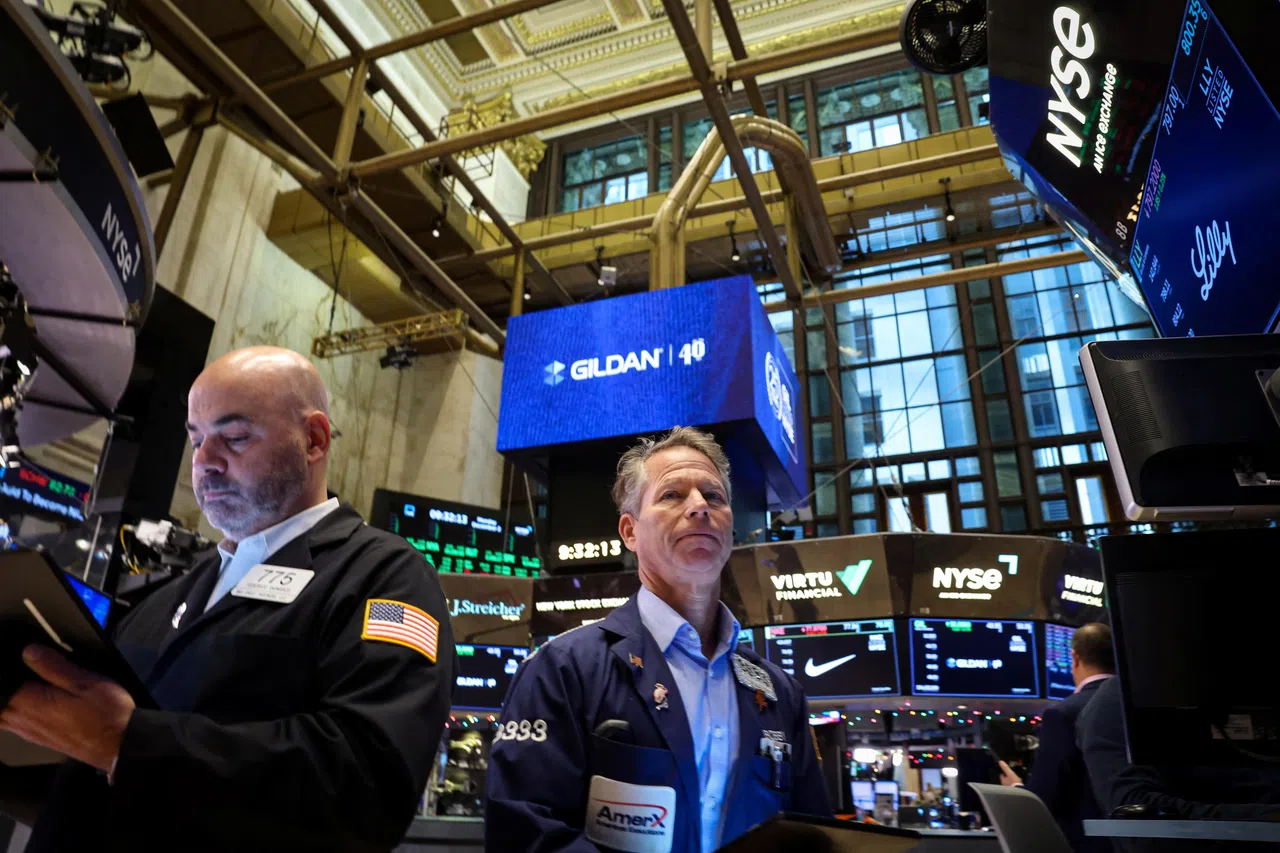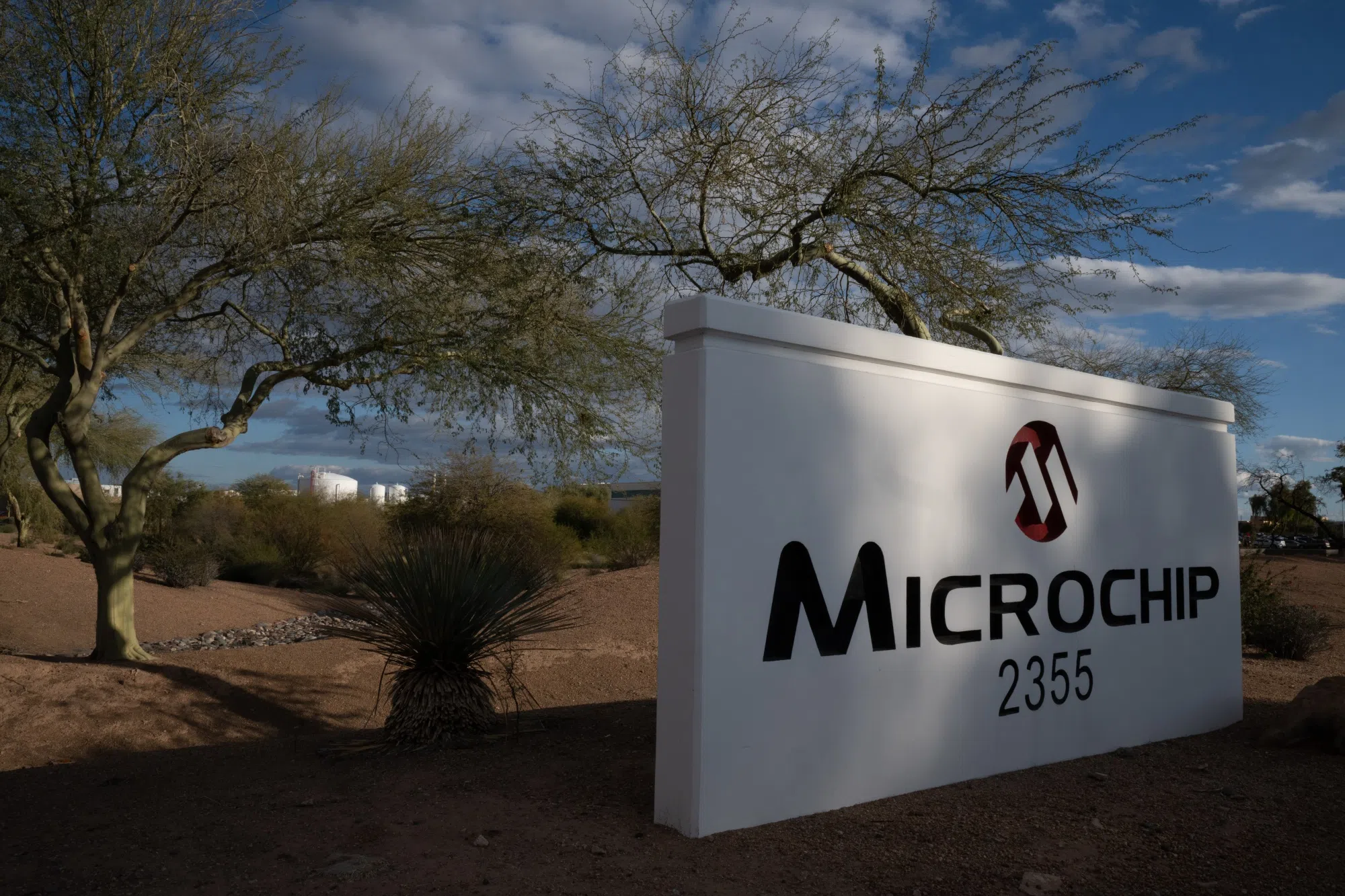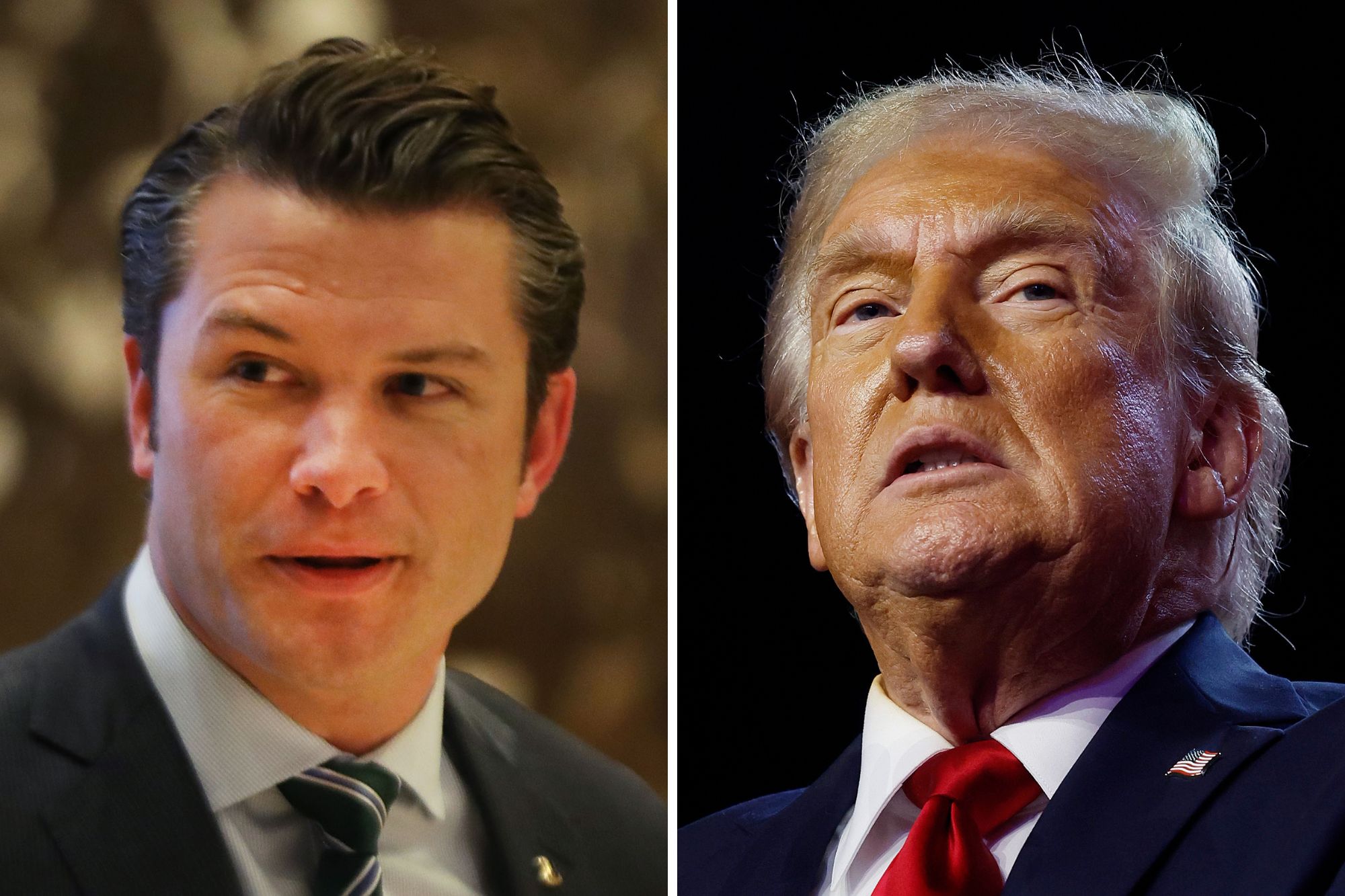GENERAL Motors (GM) is selling its stake in an electric vehicle (EV) battery plant in Lansing, Michigan, to South Korean partner LG Energy Solution, recouping about US$1 billion in investment from a facility that will still supply energy cells to the automaker’s EVs.
The move, which GM announced on Monday (Dec 2), reflects a realisation by the carmaker that its battery cell plants in Ohio and Tennessee, along with some supplies from the new plant in Lansing, will be enough to meet near-term demand for EVs without additional capital investment. GM continues to grow EV sales, but a slowdown in demand and political uncertainty over the future of federal EV tax credits have made the future prospects for all EVs less certain.
The transaction is expected to close in the first quarter of next year, it said.
GM still has 50 per cent ownership along with LG in Ultium Cells, which owns the existing two battery plants in Ohio and Tennessee. The plant in Lansing is nearly complete. LG will be able to sell battery cells made in Lansing to GM and other automakers, GM spokesperson Jim Cain said.
“We have the right cell and manufacturing capabilities in place to grow with the EV market in a capital efficient manner,” Paul Jacobson, GM executive vice-president and CFO, said. “When completed, this transaction will also help LG Energy Solution meet demand by leveraging capacity that’s nearly ready to come online and it will make GM even more efficient.”
GM and LG also plan to jointly develop prismatic cells, a move away from relying on the pouch cells currently made by Ultium, GM said. Prismatic are rectangular in shape and can be packaged more efficiently to reduce weight and cost while simplifying manufacturing.
Under the direction of Kurt Kelty, a former Tesla executive who GM hired earlier this year to run its battery development, the Detroit-based company has started making changes to the shape and composition of its battery cells and packs. BLOOMBERG
Share with us your feedback on BT’s products and services

